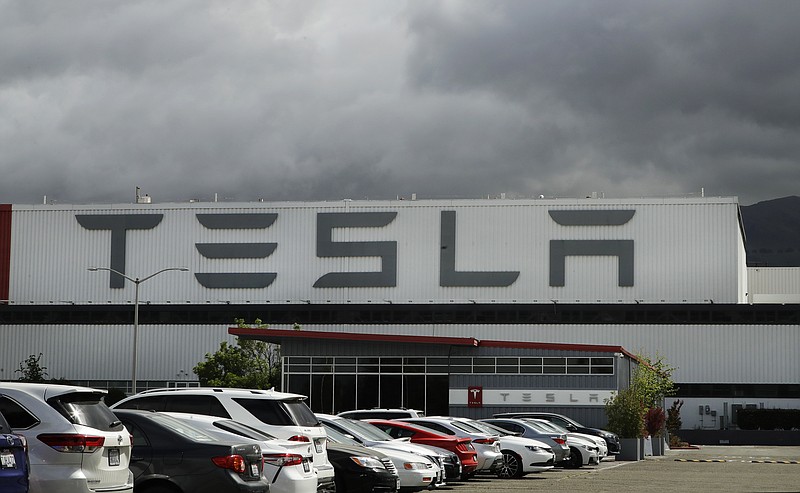Electric vehicle maker Tesla Inc. has been on a tear, with its stock price rising nearly six-fold so far this year. The upstart is about to finish out the year in grand style with its induction into the venerable S&P 500 index. The move is slated for December 21 and promises to set off a frenzy of trading as the date approaches.
With its most recent quarterly profit report, the company now meets the criteria for inclusion in the index. The move is especially significant because the company is so large in terms of stock market value, and because so many investment funds and ETFs must adjust their own holdings to reflect the change in the index. Friday and Monday are expected to see near-record trading volumes.
The Standard and Poor's 500 Index traces its roots back to 1923 and was expanded to its current 500 companies in 1957. Since that time, it has gained adherence as the premier benchmark for the broad US stock market and as such is incredibly influential. Over $4 trillion in assets are linked directly to the S&P 500 and another $5 trillion in managed investments are benchmarked to the index, so significant changes to the index have ripple effects. But none so great as this particular rejiggering.
Tesla currently has a total market value in excess of $600 billion, greater than the next 10 largest global automakers combined, while producing less than 1% or the world's cars. Debates over the company's outsized valuation notwithstanding, its sheer size made its inclusion inevitable. In fact, it will be the 6th largest company in the index on the day it debuts and as such will have a measurable impact on the performance of the S&P 500.
Membership in the index is determined and managed by a committee of investment professionals at Standard and Poor's Dow Jones Indices. The index contains the 500 largest publicly traded US companies, subject to certain other constraints such as the volume of shares traded and reporting a net profit over the past 4 quarters. The index committee meets monthly to review the composition and engages in rebalancing 4 times per year, including the upcoming December event. But this one promises to be a lulu.
Because the S&P 500 is weighted by market capitalization (total market value of outstanding shares), larger companies dominate the movements in the index. Apple for example, with a market cap of nearly $2 trillion, represents 6% of the index all by itself, while the top 10 stocks comprise nearly 30%. Because Mega-cap Tesla is 10 times the size of the company it replaces (Apartment Investment and Management Company), the skew toward a few larger names will increase.
This heavy overweight toward very large companies has made the index providers like S&P bigger players in determining the holdings of investment professionals and individuals. The increasing trend in passive indexing means that the decision to add Tesla will impact millions of portfolios. It is expected that index funds and ETFs will engage in $80 to $100 billion in trades to rebalance their portfolios to look like the new S&P 500.
Armed with this information and the certainty that Tesla stock will experience massive trading, can one profit from the knowledge? Probably not. First, there will be nothing fundamentally different about Tesla after Monday that would warrant a higher (or lower) stock price. Also, there are traders playing both sides of the street, including short sellers who predict a drop in the stock and hope to profit at the expense of the bulls. What is likely to occur is an increase in short-term volatility but not much of a lasting effect once the shouting is over. Howard Silverblatt, Senior Index Analyst at S&P and a veteran of the index wars, offers this expert observation: "Truth is, we don't exactly know what will happen." But it should be fun.
Christopher A. Hopkins, CFA, is a vice president and portfolio manager for Barnett & Co.

